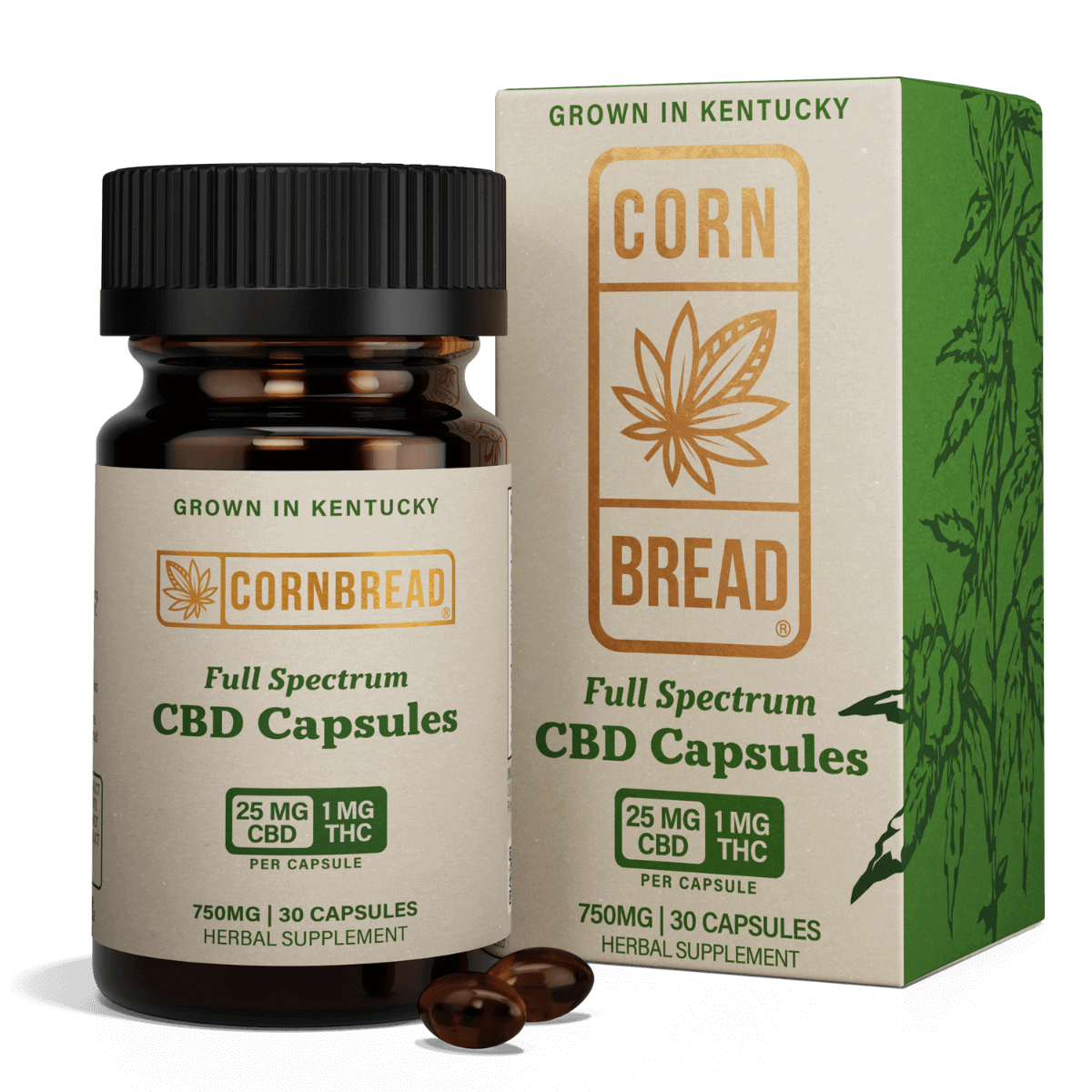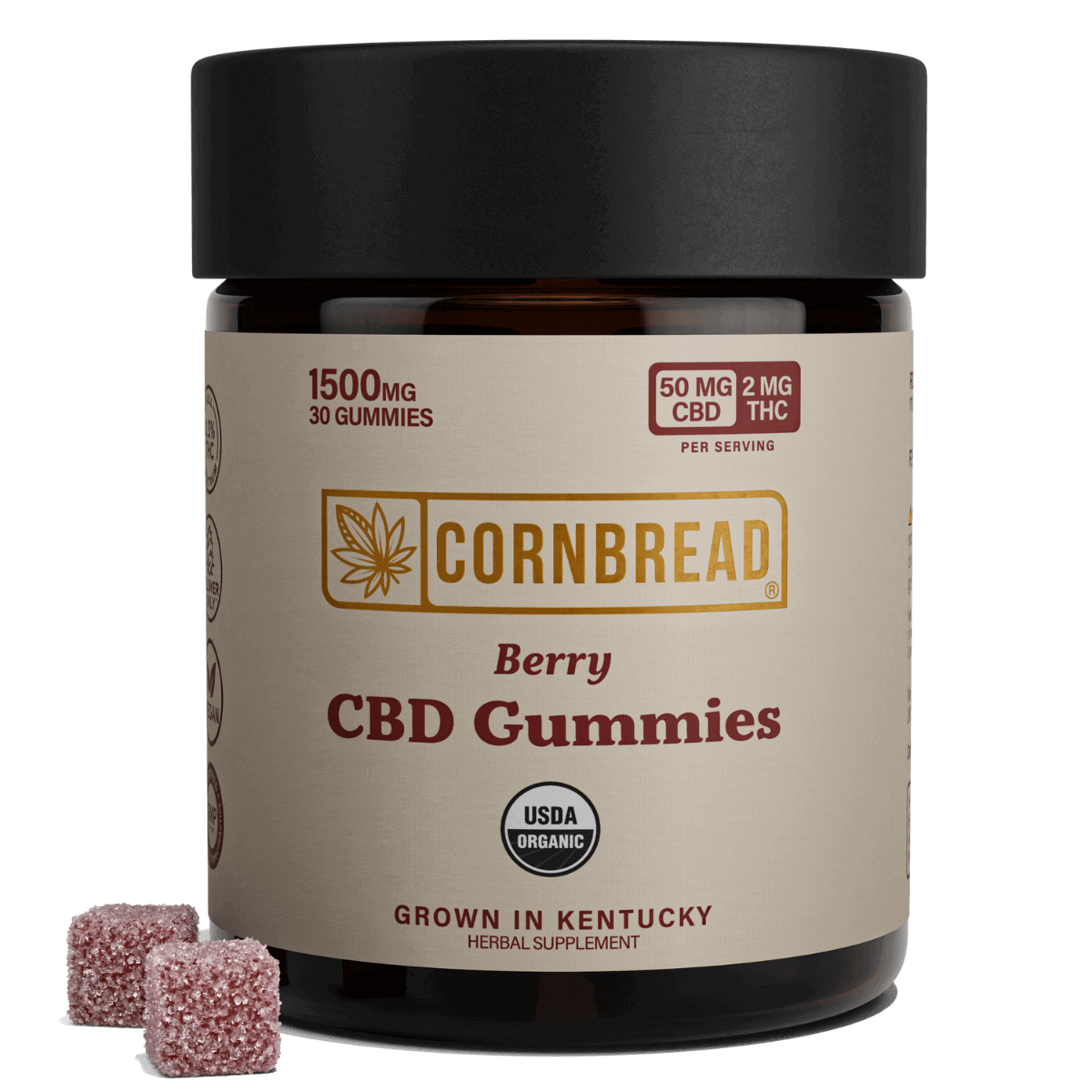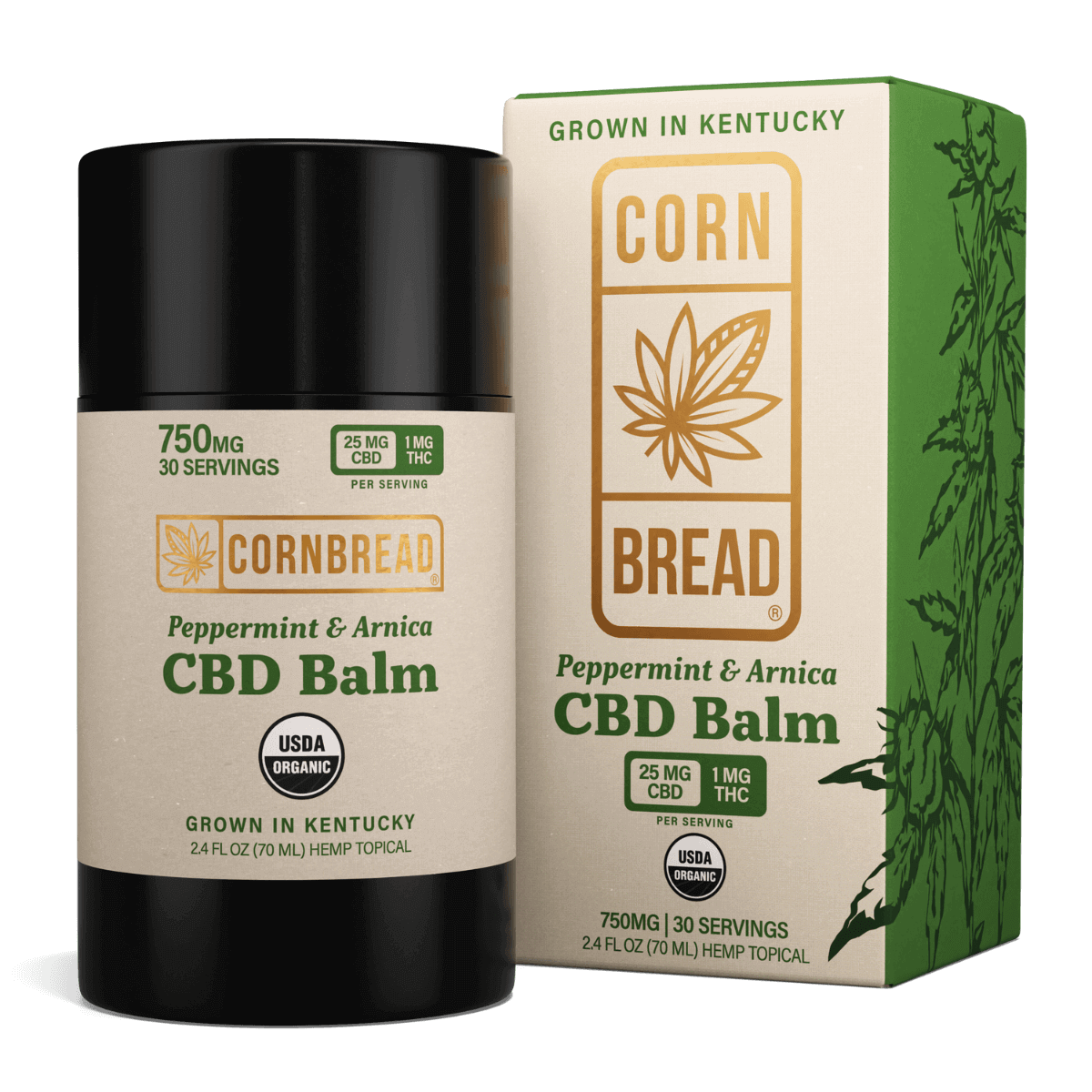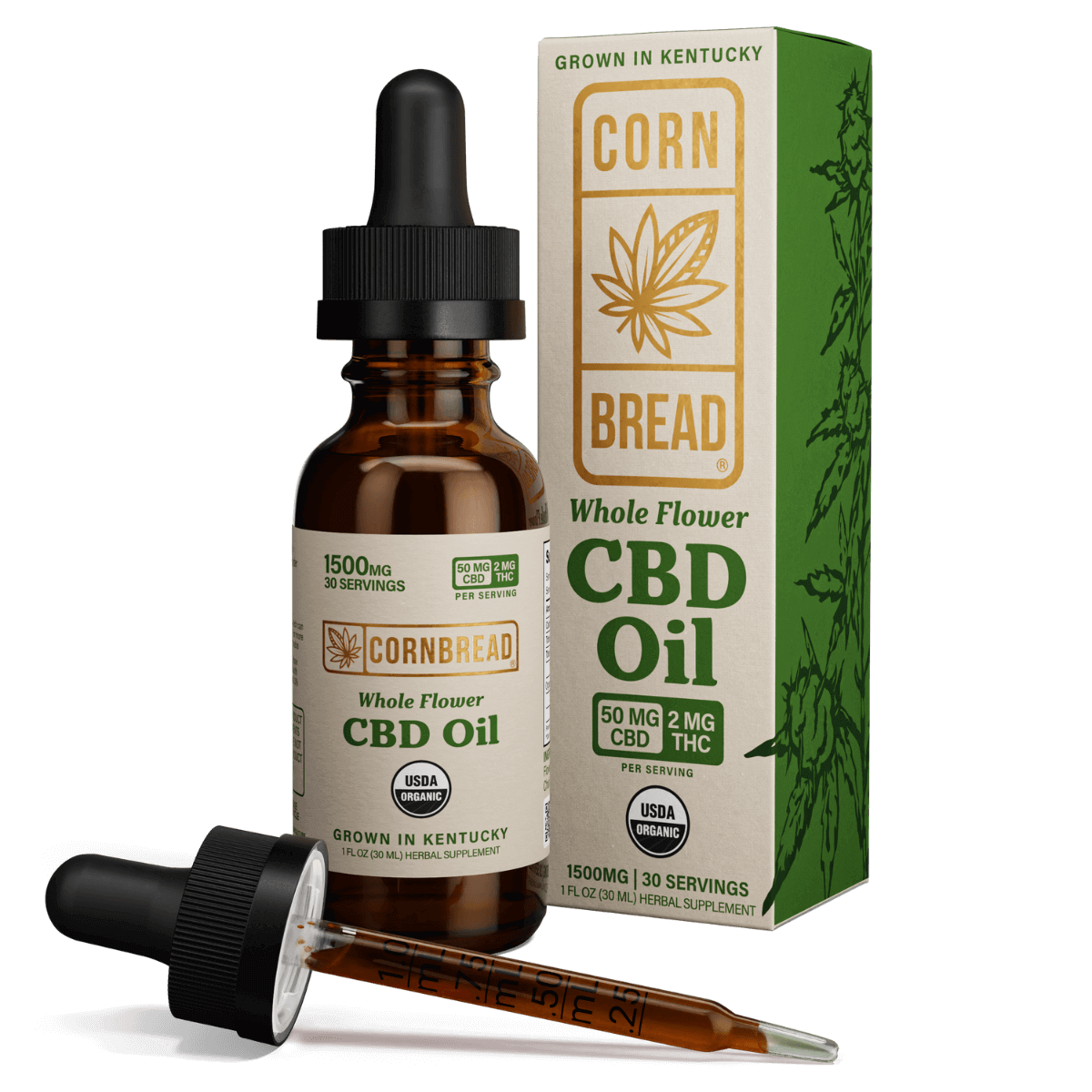Table of Contents
- ARE THEIR DRUGS YOU CAN'T TAKE WITH CBD?
- HOW CBD WORKS
- THE CBD-GRAPEFRUIT COMPARISON
- CBD DRUG INTERACTIONS
- HOW DRUGS INTERACT: UNDERSTANDING DRUG METABOLISM
- THYROID MEDICATION AND CBD
- ARE OLDER PEOPLE MORE AT RISK OF CBD DRUG INTERACTIONS?
- WHY YOU SHOULD ALWAYS CONSULT YOUR DOCTOR FIRST
- ACCURATE DOSING IS KEY
- FINAL THOUGHTS ON TAKING CBD OIL WITH OTHER MEDICATIONS
Are their drugs you can't take with CBD?
CBD is generally safe to take with medications, and consumers report experiencing few if any side effects. But you might be surprised to find out which ones you cannot take with CBD.
Many people interested in CBD are concerned how CBD might interact with their medications, and what side effects and potential for drug toxicity may arise. Initial research has concluded that CBD may interact with certain medications. Please keep in mind that this is not medical advice. For more specific information on CBD and drug interactions for you personally, please consult your doctor.
We wrote this post as a guide to help you better understand possible drug interactions with CBD when you talk with your doctor. Cornbread Hemp does not market CBD products as medicine, and nothing in this post should be considered to be medical advice.
The Food and Drug Administration has not issued regulations on CBD and still has concerns about the CBD industry. Even though CBD is not considered to be a drug, you should use CBD with the same safety precautions as you use with your prescription medication to avoid drug interaction.
How CBD Works
There is still much to learn about how cannabinoids like CBD interact with the human body. Recent studies involving the cannabis plant revealed a previously undiscovered network of receptors in the body called the endocannabinoid system.
The endocannabinoid system has receptors all along the central nervous system, and through out other major systems like the digestive system and immune system. These cannabinoid receptors are also found in organs and the skin. Researchers believe this system has a hand in helping the body maintain homeostasis, or balance.
Since the receptors that react to cannabinoids are found all throughout the body, researchers believe that CBD could have amazing benefits on the body. But there is still much testing to be done and many studies to conduct before any claims can be made. And also more research must be done to know how CBD products can interact with prescription medications.
The CBD-Grapefruit Comparison
Since there haven't been enough studies about the full effects of CBD, the FDA still has concerns about its safety. So when it comes to supplementing with CBD, consumers need to do their own research to draw their own conclusions on whether it is right for them or not. And if you are taking prescription medications, it is best to be cautious!
Some experts, including those at Harvard Medical School, have made this interesting observation: if a medication has a “ Grapefruit Juice Warning,” then CBD may have a similar interaction.1 CBD acts similarly to grapefruit juice in the liver,2 so if you take a medicine that does not mix well with grapefruit, then your medicine might not mix well with CBD, either. Like CBD, grapefruit juice is not a drug, but could affect how medications perform in the body.3
The medical community has known for years about grapefruit warnings and the potentially negative interactions drugs prescription, but this may not be well known by the general public. Interactions with CBD, like the ones associated with grapefruit4, are even less well known by the medical community, so it's important to talk with your healthcare provider first to avoid any negative side effects.
In 2018, Dr. Peter Grinspoon wrote on the Harvard Health Blog: “CBD can increase the level in your blood of the blood thinner coumadin, and it can raise levels of certain other medications in your blood by the exact same mechanism that grapefruit juice does.”5 The brand name for coumadin is Warfarin.
This similarity stems from the fact that both grapefruit juice and CBD affects cytochrome P450 enzymes in the liver.6 The cytochrome P450 system is much more complicated than this brief discussion will allow. It metabolizes 70 to 80 percent of all other drugs that enter the body.7
Therapeutic compounds found in grapefruit juice are bioactive. Bioactive means that these are plant chemicals that have activity in human biology. These compounds can inhibit the activity of liver isozymes. With these isozymes inhibited, they cannot metabolize another substance. That results in higher blood levels of the other drugs. If you are on liver-metabolized medications, you might want to bypass CBD capsules (and grapefruits) to keep your liver enzymes working normally and avoid further liver damage. Note—this does not apply to oranges, just grapefruits and a few other types of citrus fruits.
It is recommended to consult with your healthcare provider before supplementing CBD and taking any other prescription medications.
CBD Drug Interactions
The most common medications that interact with grapefruit juice are for high cholesterol, heart rhythm problems, and high blood pressure. CBD is another compound found in the hemp plant that falls into this same category of potential drug interactions, so keep in mind all prescription drugs when considering CBD supplementation.
CBD benefits the body by activating the serotonin receptor known as 5-HT1A. This is a very important receptor in the brain and the body.
But if people take certain medications that inhibit cytochrome P450 enzymes or that prevent serotonin from acting in the brain, they may not get the benefits of CBD.
It is recommended to always talk with your doctor before starting any new supplement, especially if you take medications because the interactions could be serious and lead to negative side effects. It's best to avoid supplements that are known to interact with grapefruit juice or grapefruit altogether while on prescription medications.
How Drugs Interact: Understanding Drug Metabolism
CBD is metabolized in the liver, but it has different metabolic pathways than grapefruit juice. One way of understanding drug interactions is to think about how they are metabolized by the body. Drug metabolism occurs through one of three pathways: phase I, phase II, and phase III. Phase I reactions involve enzymes that act on drugs to make them more hydrophilic. Water-soluble drugs are eliminated through out urine, while hydrophobic drugs resist being excreted in bile or urine and can accumulate in fat cells of the body. This is bad because the drug stays in the body longer leading to greater side effects.
Cytochrome P450 enzymes are involved with phase I drug metabolism. Each cytochrome P450 enzyme (known as CYP) has a different function in the body, but they all play an important role in detoxifying harmful substances. They are found in the gut wall and liver cells, and their main function is to metabolize drugs through oxidative reactions.
For example, the protein known as CYP3A4 is involved in metabolizing CBD and in activating serotonin in the body. But if you take a medication that blocks its degradation through this CYP3A4 enzyme then you may not feel the effects of CBD.
Drug metabolism refers to the breakdown of drugs in the liver after they are processed by the cytochrome P450 enzymes. The products formed from these reactions (phase II metabolites) can be even more potent than their precursor drugs, and they may cause toxicity or reduced effectiveness due to how strongly they bind to proteins.
Thyroid medication and CBD
Again, this is a very complicated issue, but the main point of interest here is thyroid function and how it relates to drug interactions. The liver metabolizes drugs through enzymes in the cytochrome P450 system. These enzymes are involved with the production and breakdown of serotonin (the feel-good hormone).
So when CBD inhibits cytochrome P450 enzymes, this is not good because it could affect serotonin levels in the body.
High levels of serotonin can suppress thyroid function. This becomes a problem if you are on thyroid medication and taking CBD because it will affect how your drug functions in the liver.8
Are older people more at risk of CBD drug interactions?
Older people are at greater risk of CBD interactions because their cytochrome P450 system is already less able to metabolize things. Plus, older people more commonly take several prescription medications every day, which increases the chances of drug-CBD interaction.
Why You Should Always Consult Your Doctor First
As we stated earlier, the interactions between CBD and grapefruit juice or grapefruits themselves can be dangerous. It is essential that you talk with your doctor to find out if it's okay to take them together before doing so.
Never begin a new supplement regimen without consulting a healthcare professional first – this includes CBD oil. There are very few side effects to CBD, but your doctor can tell you how it will affect the medications that you are currently taking and what interactions may occur.
Accurate Dosing is Key
There are medications approved by the FDA made from CBD isolate.9 But the interactions for that drug are most likely not the same as those with full spectrum CBD supplements intended for wellness. Here’s why: the recommended CBD dosage or serving size is significantly different.
The makers of the prescription drug recommend a dose of 10 mg/kg, twice a day.10 A 200-pound man is about 90 kg. That would make his serving 900 mg twice a day. This is a large serving of CBD.
In the 2017 human study, the CBD doses started at 5 mg/kg/day. The study’s dosage increased every 2 weeks by 5 mg/kg/day up to a maximum of 50 mg/kg/day — a very large amount of CBD.11
Most folks interested in full spectrum CBD for wellness take considerably less CBD—perhaps a serving size of 25 or 50 mg, one to three times a day. So it is unlikely that any sort of drug interaction could occur.
There are no significant CBD based drug interactions documented at the time being. The human study which included 42 children showed that out of 19 anti-epileptic medications, only two exceeded therapeutic dosage when CBD was added. However, your doctor can tell you how it will affect the other medication that you are currently taking and what potential interactions may occur.
Final Thoughts on Taking CBD Oil With Other Medications
With larger pharmaceutical doses of CBD, there might be the possibility that CBD interacts with certain drugs. At lower serving sizes, the risk of interaction with prescription drugs is small, but not zero. If you take CBD with certain prescription drugs it has the potential to cause negative effects including liver problems, or have more mild side effects like upset stomach and drowsiness.
When you take CBD, make sure you choose a trustworthy brand to avoid side effects from a poor quality CBD product. Are there lab tests available that you can easily read and understand the CBD content? Is it USDA certified organic? To reduce variability, take your CBD oil or CBD gummies at the same serving size and same time every day. Pay attention to any medicines that you use—even herbals, vitamins, and over-the-counter medications.
If any of your prescription drugs or supplements have a caution about not using with grapefruit, then you may not want to take CBD oil with them either. However, since topical products like CBD cream or CBD lotion do not get metabolized by the liver, it may be an option for those taking certain drugs. Please talk to your doctor for further information before beginning a CBD regimen.










 Log in
Log in























